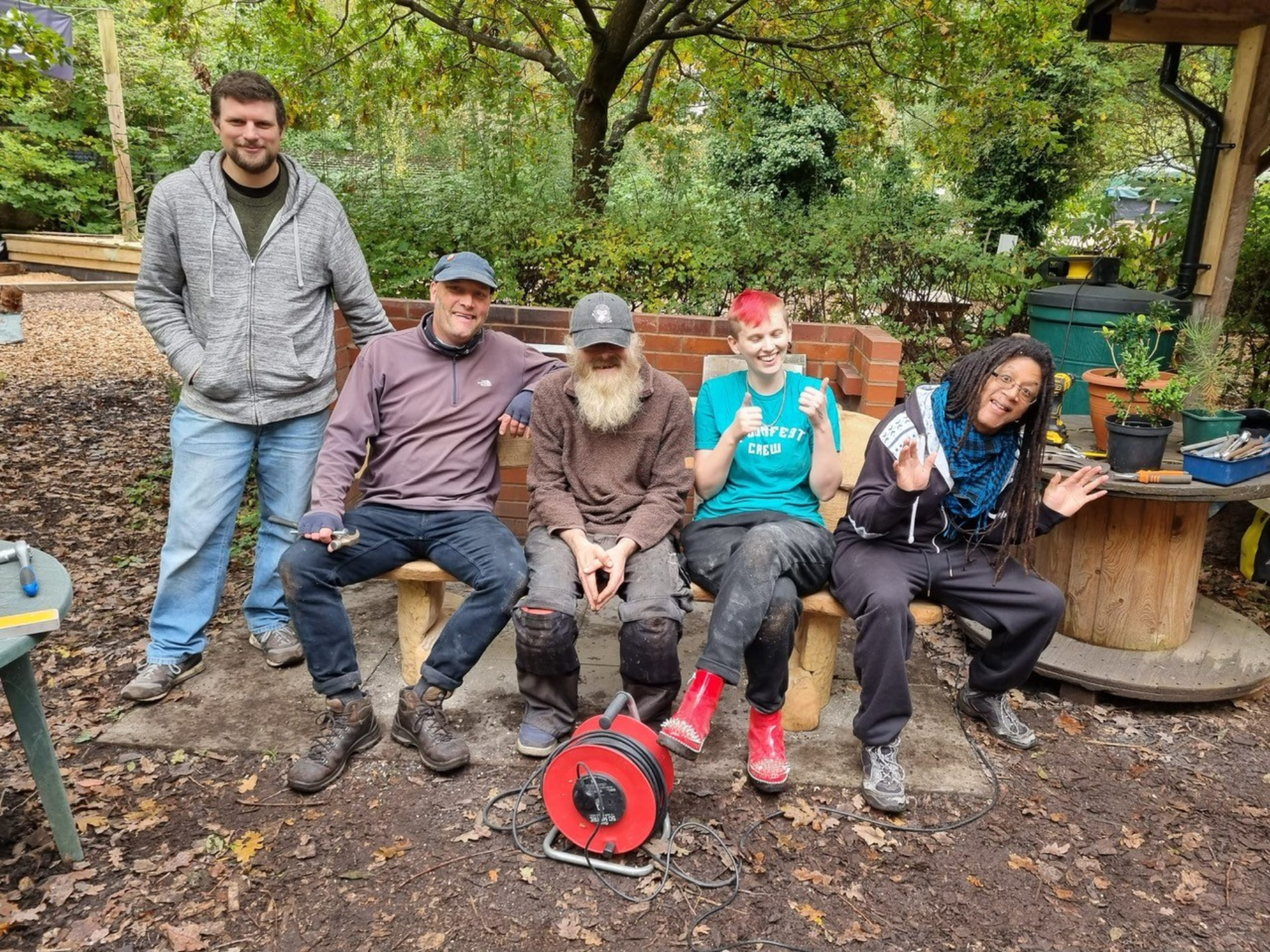
One of the best definitions of sustainability I have come across (and by some counts, there are over 200 definitions) is that it is about humanity learning fast enough for us to survive.
Learning faster not simply because we have deadlines and tipping points for nature, but also because as the climate changes, species loss and other dynamics start to accelerate, we are facing into unprecedented levels of uncertainty.
There can be no green transition without green skills.
There are definitions too for what we mean by this, with the OECD defining it as "the knowledge, abilities, and competencies needed to design, develop, install, operate, maintain, and repair low-carbon technologies and processes, and to manage and mitigate environmental impacts."
The UK is short of such green skills, but of course we can’t spread renewable energy, green our farming or retrofit homes for energy efficiency if we don’t have the competences in the labour force to make a reality of these.
At the same time, there is a risk that our definitions interpret green skills too narrowly, as the engineering competences we need for new sustainable technology. There is a wider story here too, which integrates the wider skills and values that are needed to make a success of any green and just transition. It is not just about ‘kit’ but about ‘kin’ and ‘community’.
The green power skills gap
I am pleased to see recognition of this in a new study conducted by Oxford Brookes Business School in partnership with Climate Change Coaches, which points to a lack of soft skills among sustainability professionals.
The study, “Holding Back Climate Progress: Sustainability’s Critical Skills Gap” interviewed sustainability professionals across the UK. Close to two thirds of respondents (60%) reported that ‘soft skills’ training is given a low priority, even though such skills are more sought after than technical knowledge.
At Pilotlight we have changed our definitions too, moving from what the research calls ‘soft skills’ to what is increasingly considered as the ‘power skills’. These include skills such as empathy, collaboration and emotional intelligence, and are critical to leading organisational change, not only for sustainability professionals but for all staff in business leading change management programmes or moving towards a green transition.
For nearly 30 years Pilotlight has helped some of the UK’s most inspiring businesses develop the power skills staff need to become innovators within their business. Our recipe for success may sound unusual – our programmes revolve around skilled-volunteering – but nothing encourages an innovator’s mindset than being pushed to use business skills on a real-world problem with a human context.
By working in teams to help charities tackling the climate crisis with challenges such as diversifying income, reviewing governance or growing operations, participants learn about the environmental sector and develop their own skills in the process. As well as empathy, collaboration and emotional intelligence, participants also work on critical thinking, complex problem solving and leadership behaviours.
There are around 16,000 charities and social enterprises in the UK working for a sustainable future. They are catalysts for action and are full of innovations for turning climate ambitions into reality. However our research shows they lack the capacity, skills and resources, to do so. The UK needs 100,000 skilled- "climate volunteers" to bridge this gap. Through our skilled volunteering programmes we accelerate environmental action in the UK, and in turn accelerate green skills within UK businesses.
Green skills are nurturing
I like the idea that in order to face up to the impact that we have as humanity on the planet, we need to be more human in the process. As one of our programme participants on a Pilotlight Impact Day run on World Environment Day with Linklaters, Dual Group and Visa commented:
When you are heading up a large organisation, as I do most of the time, you get problems brought to you or requests are brought to you, and you need to jump in and provide solutions. It's been quite therapeutic [through the Pilotlight programme] to take a step back and listen and let other people come up with the ideas before you launch in.
I've learned that I am very capable of taking a step back and listening before I go into solutioning mode.
It is a green skill to nurture. It is a skill we can all benefit from… if we learn fast enough.

Help environmental charities build capacity
There are around 16,000 charities and social enterprises in the UK working for a sustainable future. They are catalysts for action and are full of innovations for turning climate ambitions into reality but our research shows they lack the capacity, skills and resources, to do so.
